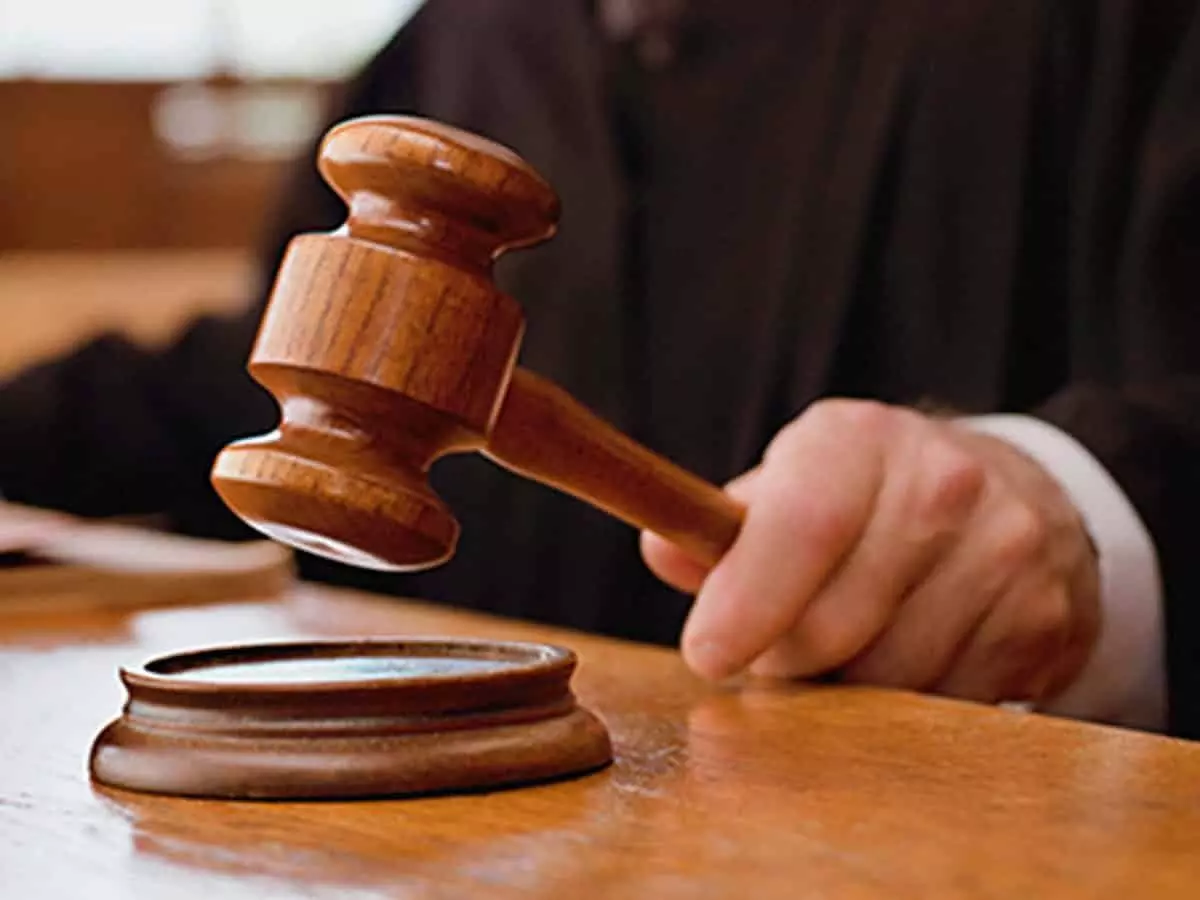
Extra-judicial confessions need strong evidence to corroborate: SC
text_fieldsNew Delhi: The Supreme Court observed that extra-judicial confession is a weak piece of evidence and henceforth must be backed with strong evidence, IANS reported.
Acquitting a man in a 2007 murder case, a bench of Justices B.R. Gavai and Vikram Nath said, "The extra-judicial confession is a weak piece of evidence and especially when it has been retracted during the trial. It requires strong evidence to corroborate it, and also, it must be established that it was completely voluntary and truthful."
The court heard a plea by murder accused Indrajit Das challenging the order of the Tripura High Court. It said, "We do not find any corroborating evidence to support the extra-judicial confession, rather, the evidence led by prosecution is inconsistent with the same."
The court noted that in a case of circumstantial evidence, the motive is very important than how important it is to those cases of direct evidence. Motive is also an important link in a chain of circumstances.
The high court had declined to entertain an appeal filed by Das while confirming the conviction by the trial court under Section 302/34 (murder and common intention) of the IPC and 201 (causing disappearance of evidence) of the IPC. Das was handed down imprisonment for life and allied sentences to run concurrently.
The police had claimed that Das, along with a juvenile, confessed before them that they had gone to the Fatikroy and Kanchanbari area in the north Tripura district on the bike of the deceased Kaushik Sarkar.
According to the police, the accused assaulted the deceased with a big knife and threw his helmet, purse, and two knives in the nearby jungle and dragged the body and the motorcycle to a nearby river and threw them into it.
The bench noted that the dead body had not been recovered and only a limb was recovered, but no DNA testing was carried out to establish that the limb was that of the deceased Sarkar. "As such, the entire case of the prosecution proceeds on the presumption that Kaushik Sarkar has died. The principle of corpus delicti has judgments on both sides stating that conviction can be recorded in the absence of the recovery of the corpus and the other view that no conviction could be recorded in the absence of recovery of the corpus," it said.
In conclusion, the bench said: "We find that the major links of the chain of circumstances have not been proved by the prosecution evidence, and as such, it would be unjust to uphold the conviction of the appellant. The appellant would be entitled to the benefit of the doubt."























